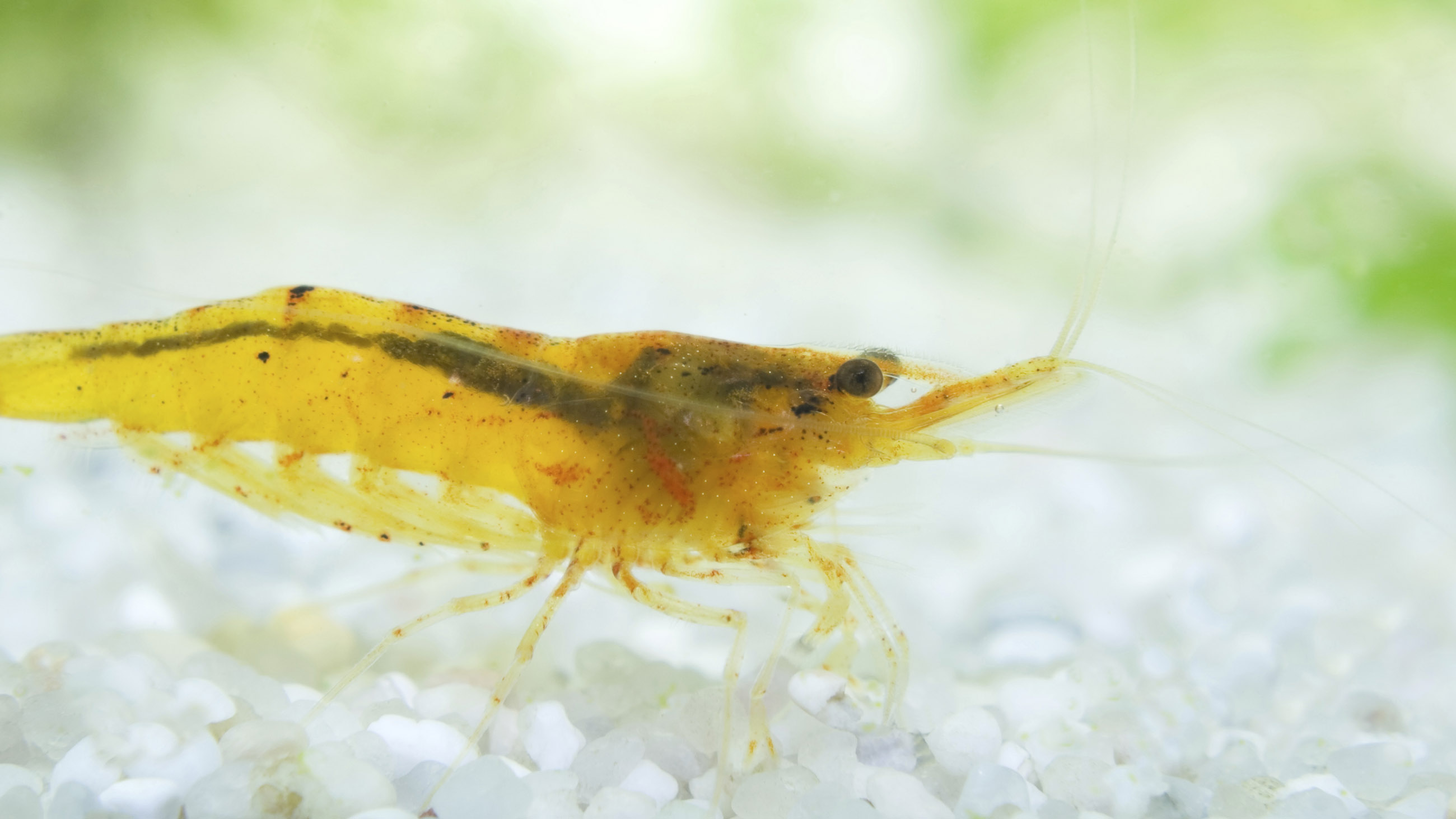Of Shrimp and Science Funding
The fears of many scientists were confirmed earlier this month when the House of Representatives approved legislation requiring that funding from the National Science Foundation, the principal federal body charged with “promoting the progress of science,” be granted only to projects deemed to be “in the national interest.”
The vote almost perfectly divided the parties, with a mere seven Democrats joining the Republican majority to pass the bill. Attention will now shift to the Senate, which is considering its own version of the measure; supporters call it frugal, while detractors consider it legislative overreach in matters of science.
The bill’s sponsor, committee chairman and Texas Republican Lamar Smith, said in a prepared statement that the bill would “ensure that the National Science Foundation (NSF) is open and accountable to the taxpayers about how their hard-earned dollars are spent.”
Smith’s colleague in the House, Texas Democrat Eddie Bernice Johnson, saw it differently:
“At its core,” Johnson said in her floor statement, “this bill is about second-guessing our nation’s best and brightest scientists, and the grant-making decisions they make.” She expressed concern that the requirements would discourage grant reviewers from supporting high-risk research.
Taxpayers contribute almost $7 billion annually to the National Science Foundation, an independent government agency established under President Truman in 1950 with the stated purpose of funding science in the public interest. Among the agency’s founding principles was the recognition that “more and better scientific research is essential to the achievement of our goal of full employment,” and that basic research is, by its very nature, “performed without thought of practical ends.”
Still, Republicans in Congress have long argued that the NSF does not have a rigorous grant-review system in place — and they have routinely pointed to what are often portrayed as fringe studies, supported by NSF grants, with no practical application in the real world. The fullest expression of this criticism was arguably an extensive 2011 report by Republican Sen. Tom A. Coluburn of Oklahoma — a longtime critic of the science agency — which highlighted numerous examples of what the authors considered to be “silly” or “dumb” research.
An oft-cited example included in the report: A 2006, NSF-supported study conducted at the Grice Marine Laboratory at the College of Charleston, South Carolina, which placed sea shrimp on an underwater treadmill. Video clips of the experiments were widely circulated as evidence that taxpayer money was being wasted on absurd scientific endeavors.
Conservative critics pointed to that study again just last month, when the NSF awarded the College of Charleston over $760,000 for further analysis of shrimp and crab species.
In response to attacks, the NSF has vigorously defended its project vetting process, which has been described by supporters of the agency as being exceedingly thorough. And researchers themselves — including those involved in the infamous shrimp experiment — derided the Coburn report and its fallout as both misleading and potentially damaging to the nation’s scientific ambitions.
“Simply put, my colleagues and I were studying how recent changes in the oceans could potentially affect the ability of marine organisms to fight infections — an important question, given that the amount of bacteria a shrimp is able remove from its body is directly related to how much bacteria could potentially end up on seafood-filled plates,” wrote David Scholnick, the marine biologist at Pacific University in Oregon who helped to build the famous shrimp treadmill , in a 2014 essay for The Chronicle of Higher Education. “And since shrimp are active animals in nature, it was logical to study the immune response of shrimp during activity.”
In an interview with Undark, Scholnick’s collaborator, Karen Burnett — who continues to study shrimp, with NSF funding, at the College of Charleston — said she hopes the Senate will consider whether another layer of bureaucracy within NSF is really necessary.
“It simply doesn’t further anything, except to complicate things,” Burnett said. “I think that what Congressmen may not realize is that it is already the NSF’s job to be reviewing and funding grants in support of good science, and good science is by definition something in the national interest.”










